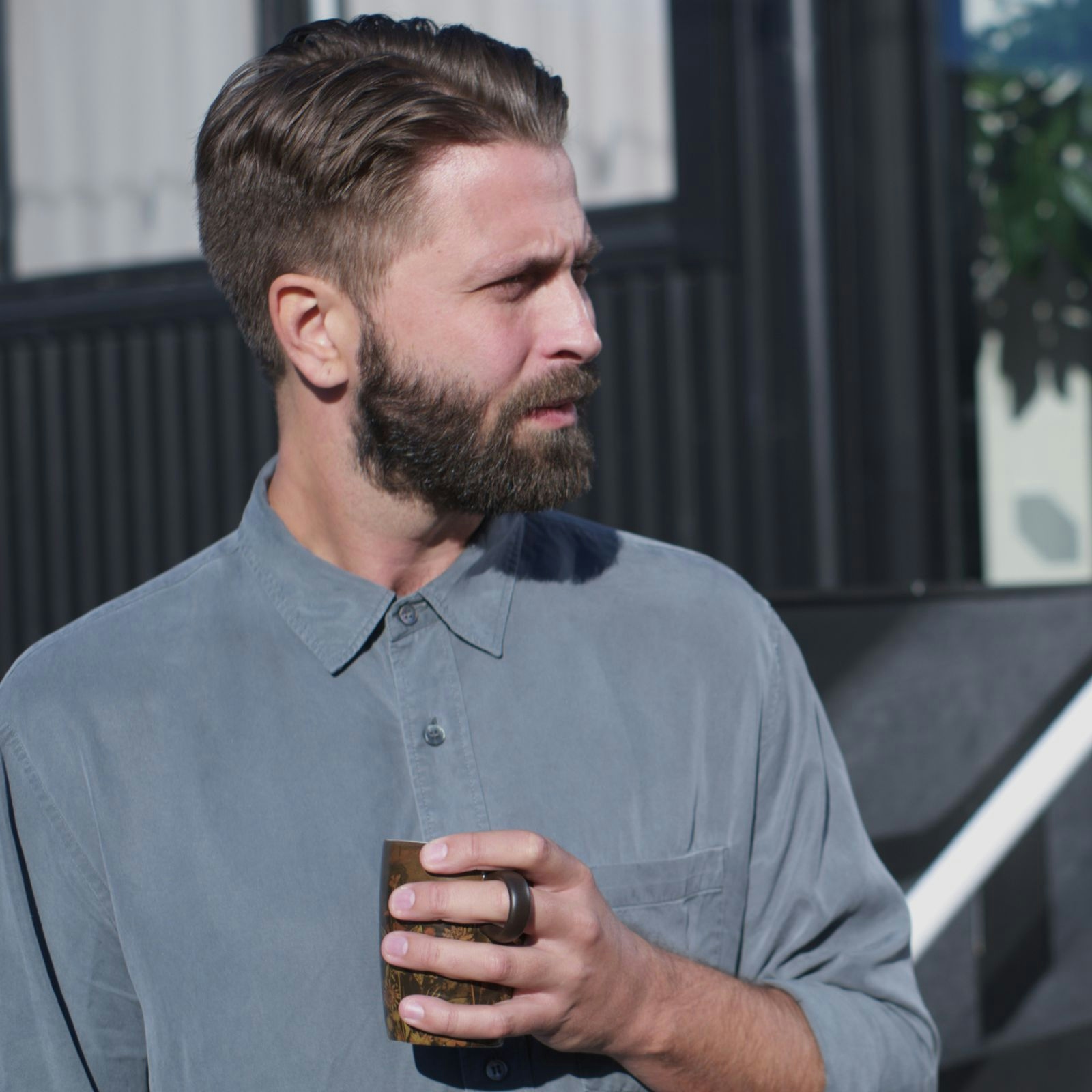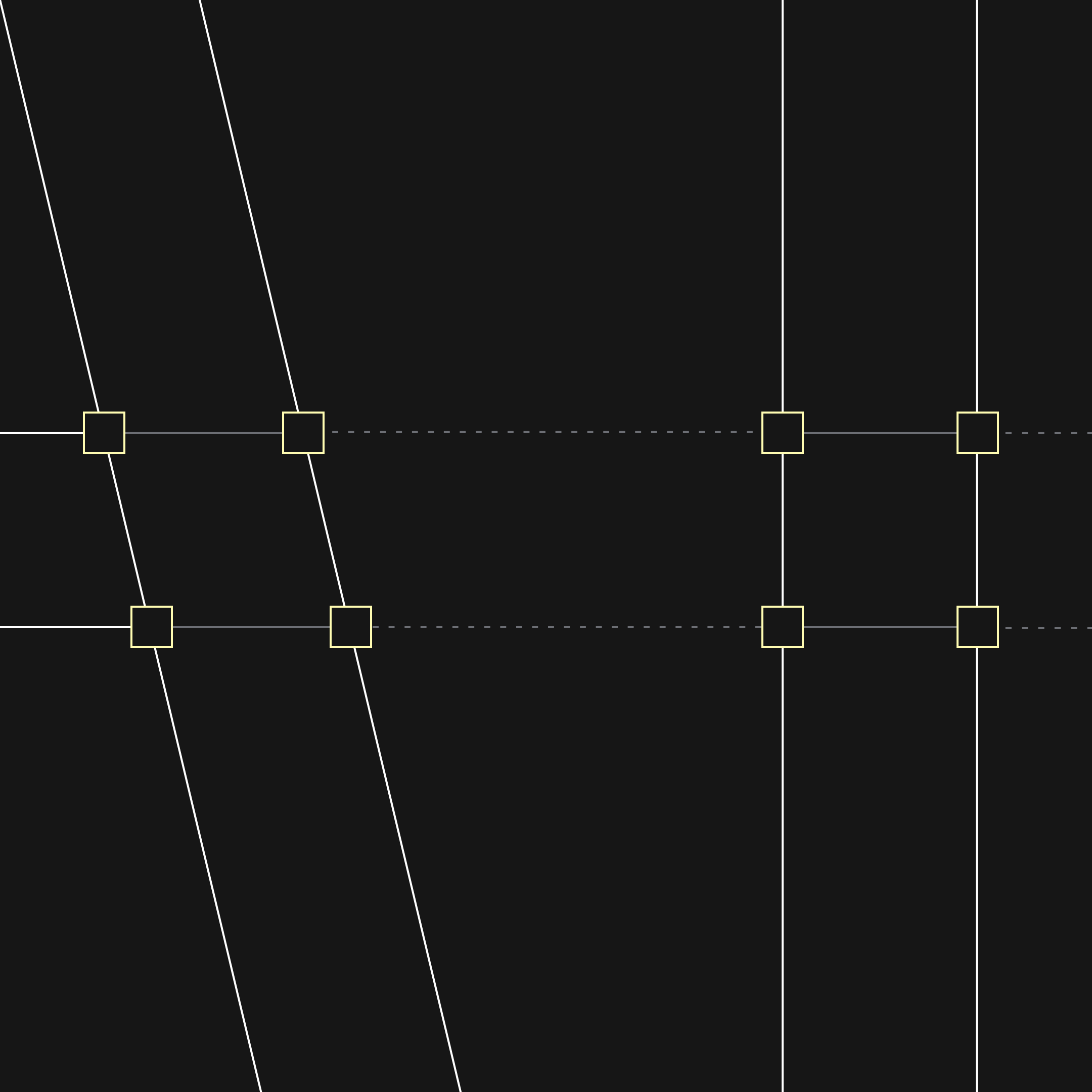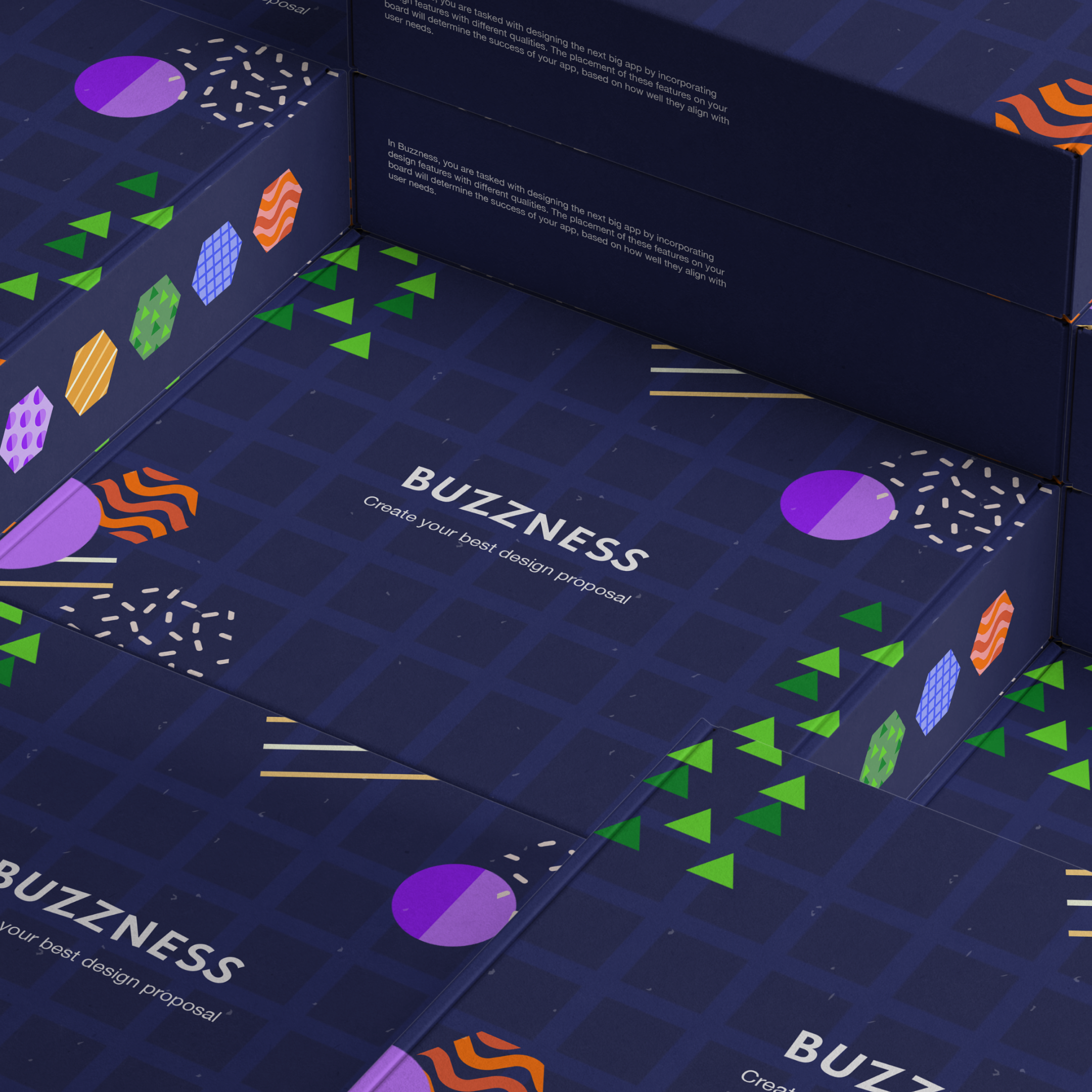10 in 5. Jonatan Thomasson, UX Designer
Meet Jonatan, one of our UX Designers, and read about his experiences, thoughts and tips.

UX Design as a career choice is suitable for those who wish to work creatively with people and have their best interests in mind. Focussing on the user experience when creating and developing products and services is always vital, yet not always thought of.
At Humblebee we are super happy to have so many talented UX designers in our team, please meet one of them: Jonatan Thomasson!
- Hey Jonatan. How the heck are you doing?
I am very good! - So what do you do at Humblebee?
I work as a UX Designer. - Can you tell us exactly what a UX Designer at Humblebee does?
It varies depending on the project and the client, but mainly it’s about ensuring that the design is anchored in actual user needs, conducting different types of user research, trying to evaluate the design as frequently as possible and so on. Also, it depends on how the team looks; if we have more UX designers, or if there is a product designer involved in the team, otherwise we might need to include that type of work in our role as well. For me it’s a mix between UX research and pure UI design. - How come you ended up working with UX Design?
It was a friend who mentioned it to me, she told me it would be a fitting role with a mix of creativity but also research and a lot of human contact. And from there my interest grew because I always, or for a long time, had great interest in UX as a user. I’ve been fascinated by how products or websites and such were constructed in terms of functionality and design and how that affected my experience. To be able to work on the other side and create the design is really great. - Tell us about one project you’re particularly proud of…
I feel quite proud of my part of the effort in the Elvaco project where we were assigned a very complex and big scope in which we had to try to narrow it down but at the same time take the entire holistic perspective into consideration. We were able to design a fraction of the tool to be, and still maintaining or considering the extreme complexity of how it is supposed to grow into perspective. Building a very small part of a very big and complex system that is both supposed to handle enormous amount of data but also be adaptable for countless of users with different technical skills and roles. My opinion, is that we actually started something really, really good that will be a good foundation for the additional functionalities and parts to be. So I am proud of how we managed to both zoom in and at the same time be considerate of the enormous and complex system. - Do you have one good tip for a tool you love, or perhaps a book or resource you highly recommend?
I would like to recommend one tool but I haven’t used it as much as I would like to, it’s a wireframe design tool that is still in beta mode, it’s called Uizard. It allows you to sketch wireframes with pen and paper and then you take a photo and upload it and they turn it into a high fidelity digital wireframe that is pretty accurate in relation to what you drew. It creates a great start, you can select a theme and do the final touches in terms of scaling, moving around, color, fonts, so you almost get like a design system. If you are like me and have a hard time making things look how you want then this is a great way to get around that. - What do you do to make sure you continue to grow as an expert within UX Design?
I continue to be curious and if I see or hear about someone doing something that I suspect I can learn from I try to pick that persons brains and ask questions about the process and discuss it on a deeper level in order to learn from that persons experience. I’m not that good at reading articles, my way of learning is more talking to people around me and engaging in unexplored fields for myself and not being afraid of asking for help and input. I would say that I am quite new as a UX designer, a lot is more or less new to me so being able to ask more experienced people around me is extremely helpful. - How do you think UX Design will evolve in the future?
I think and hope that UX will be a more established role and recognized part of a company. More established way of working when developing a service or a product. It feels as if, at least in Sweden, it is still quite a“new” idea to include the sufficient amount of UX and service designers in order to ensure a user centric development of whatever it might be. I think there will be more of us in a team, we will have more resources, more freedom and ownership over what we engage in. Also I think that maybe we will be also more, I’m just speculating here, but maybe we are more experts in a specific area of UX, maybe not all are jack of all trades master of none, maybe there will be educations specifically for UX testing, or maybe something like that. Maybe we will have UX designers that will have responsibility over specific parts of the UX process. - Do you have any advice for people starting out their career and considering UX Design?
In order to be a good UX designer and also to like working with it over time, you must be empathetic and extremely curious by nature and you need to love working very closely with people, talking to people. You’re not supposed to, I think, know in which part of the UX profession you are supposed to be until you tried it all. My experience is that very few know which specific part of the UX profession they are mostly fitted to do until further in their career. - If you could give a company one piece of advice (from a UX design perspective)… perhaps a recurring error you have seen from your career… what would that be?
I would say, listen to the feedback. I don’t know if this is a recurring issue but if you have an established service or product then you probably have a lot of people sharing their thoughts and feedback, you could gain a lot in absorbing that feedback and letting their voices be heard. I don’t mean like 5 star ratings but rather qualitative feedback. Provide a good way to give feedback, and act on the feedback. Because even though you might do everything right from the start in terms of UX design, you rarely release something in perfect condition, so continuous improvement is key!
If you’re interested in working at Humblebee then get in touch and we’ll meet up for coffee and a chat.




